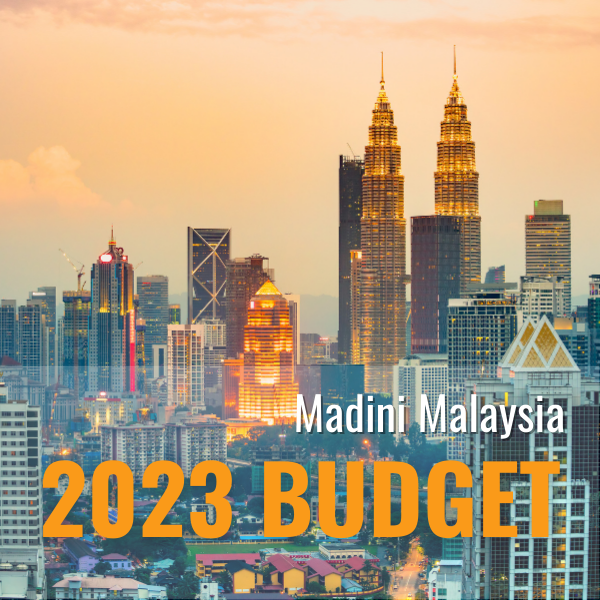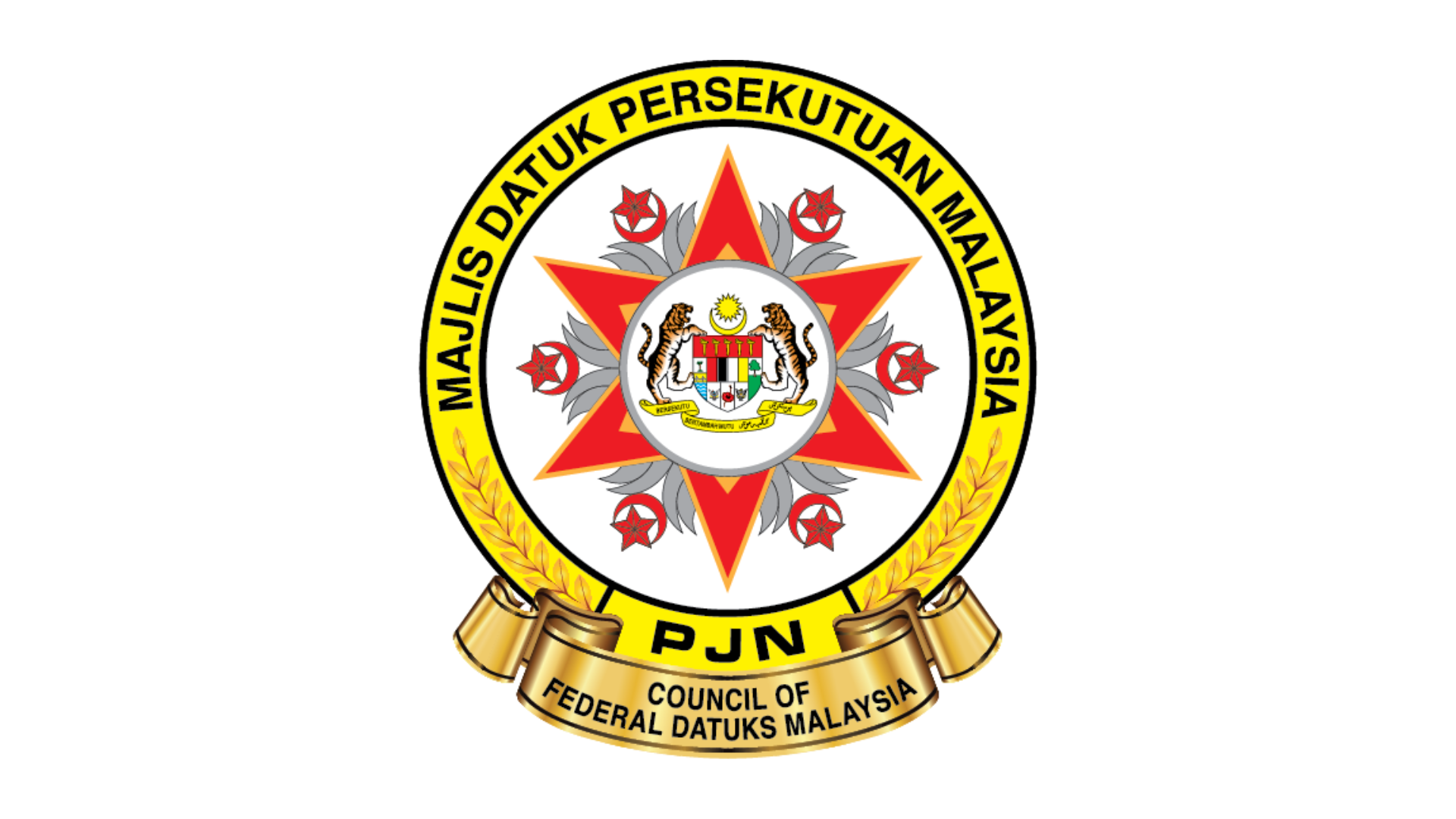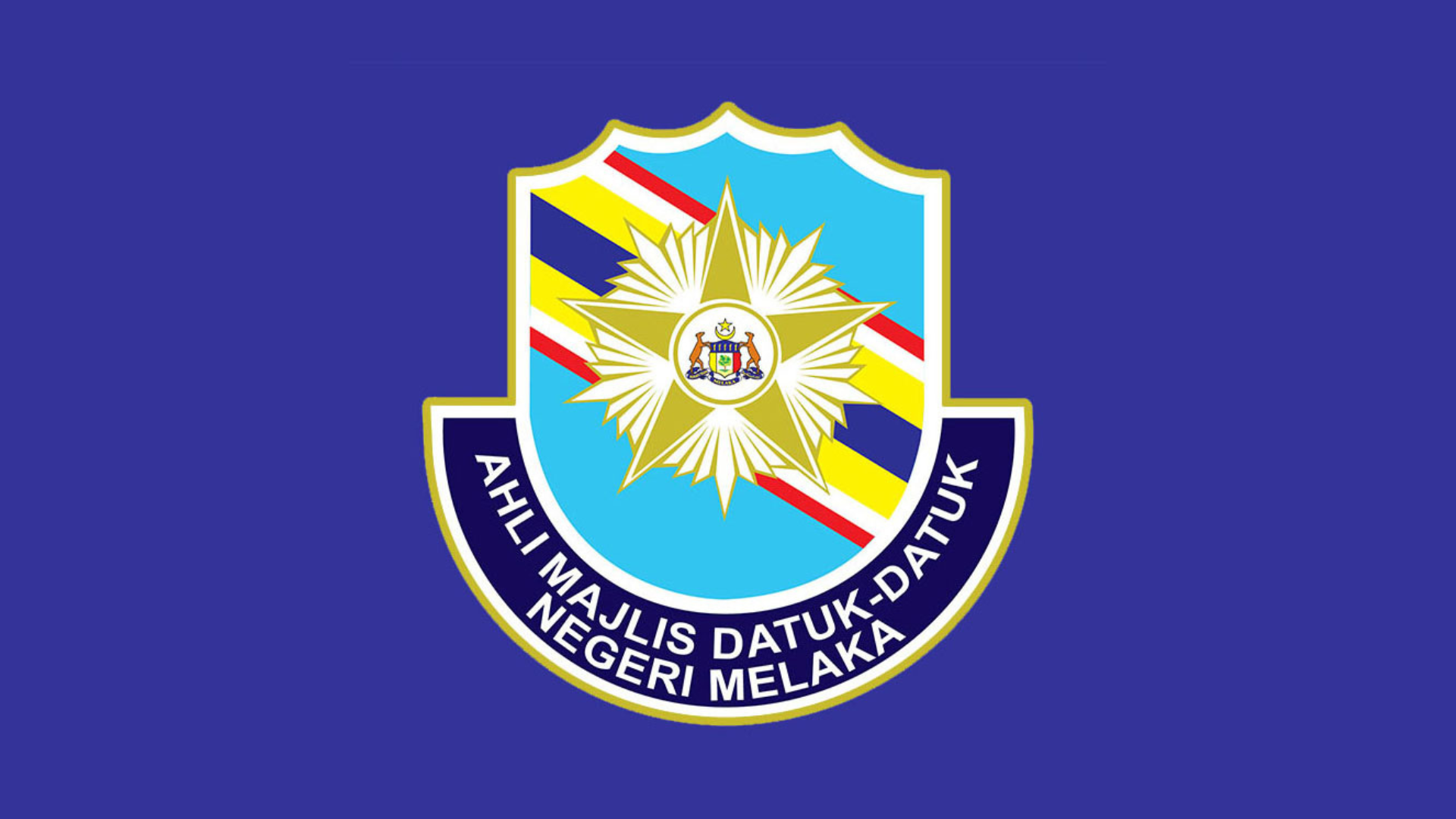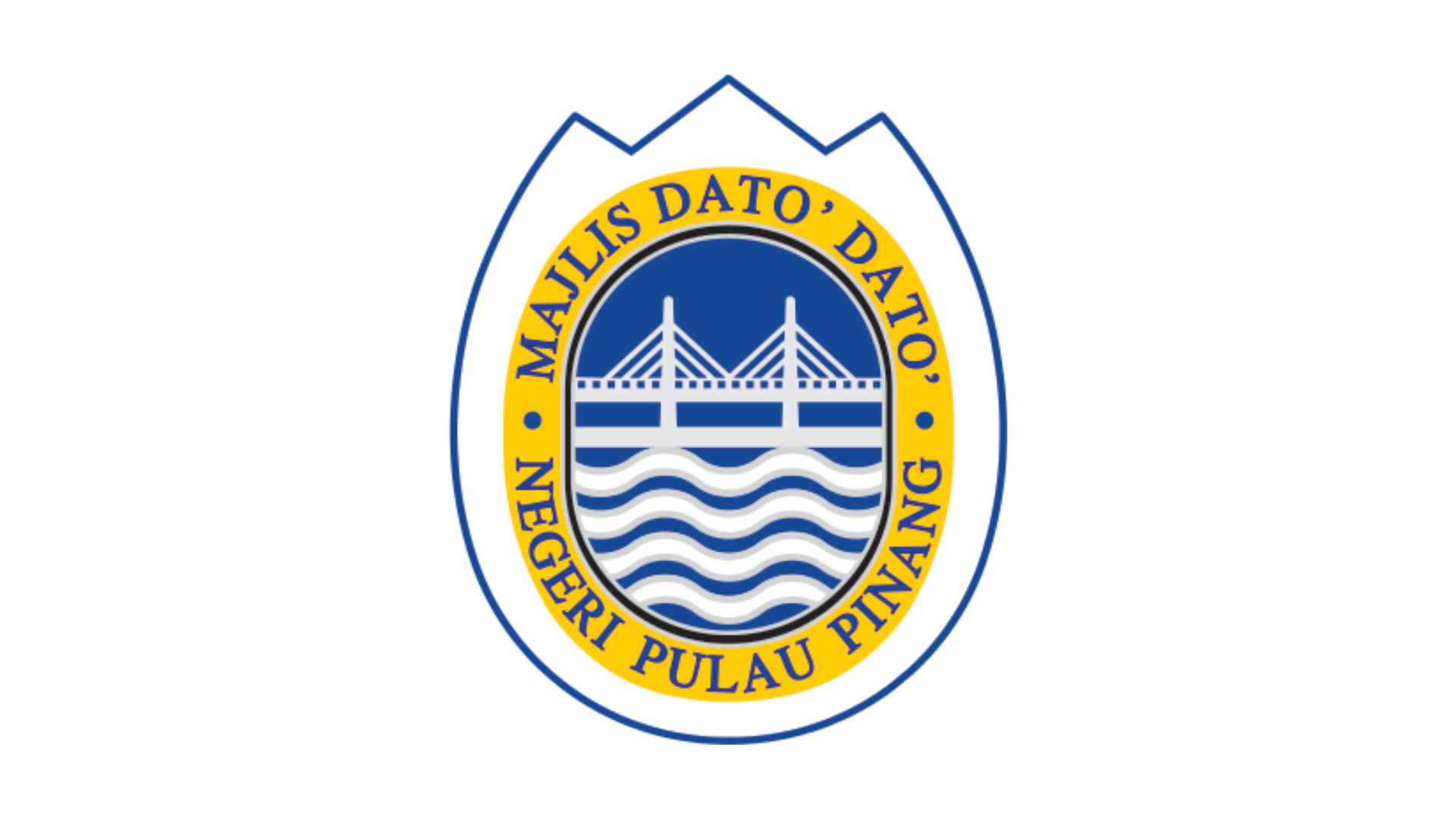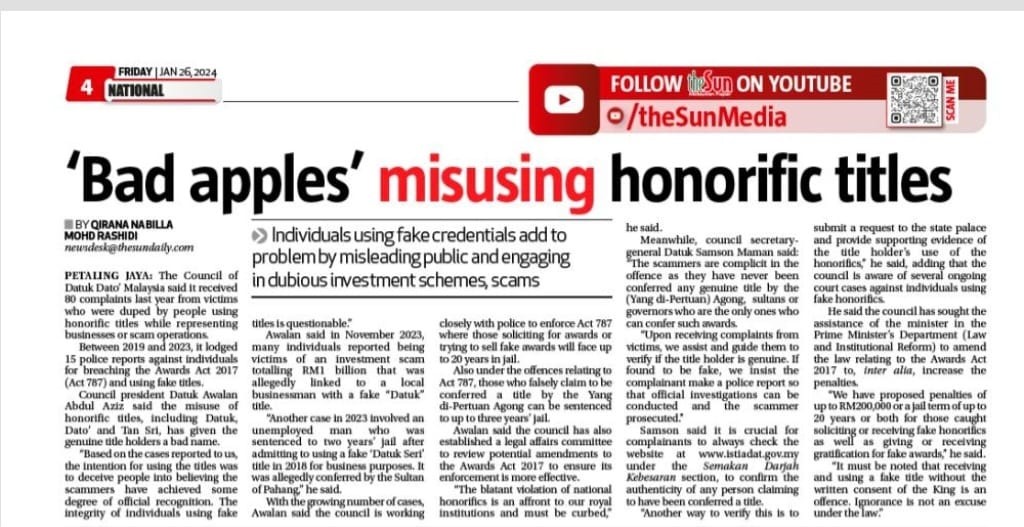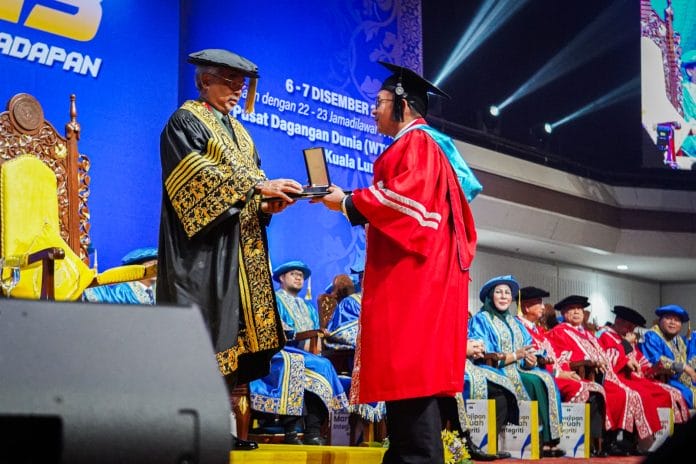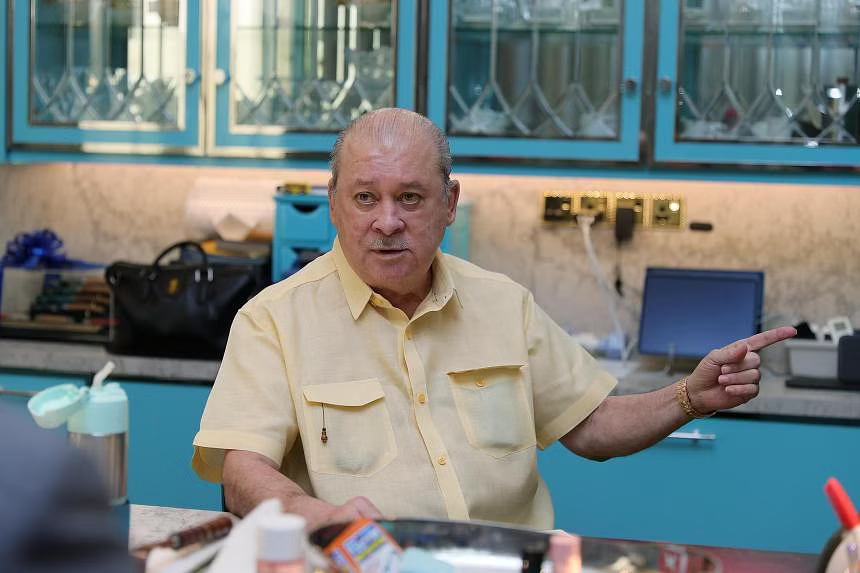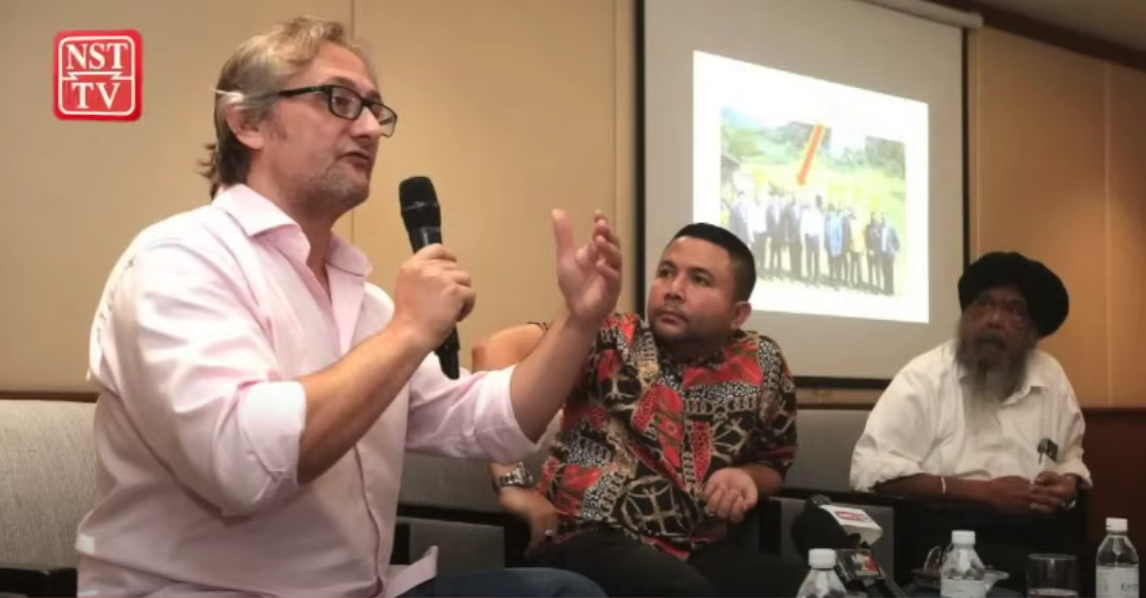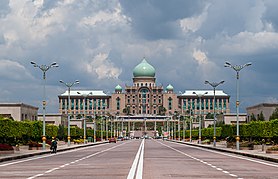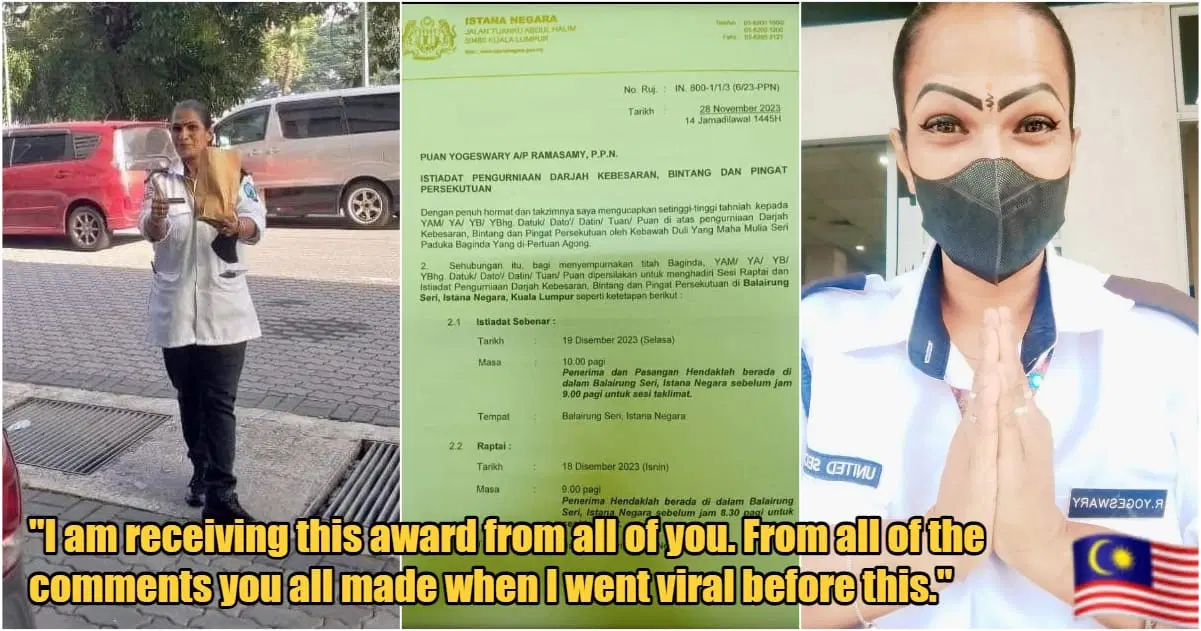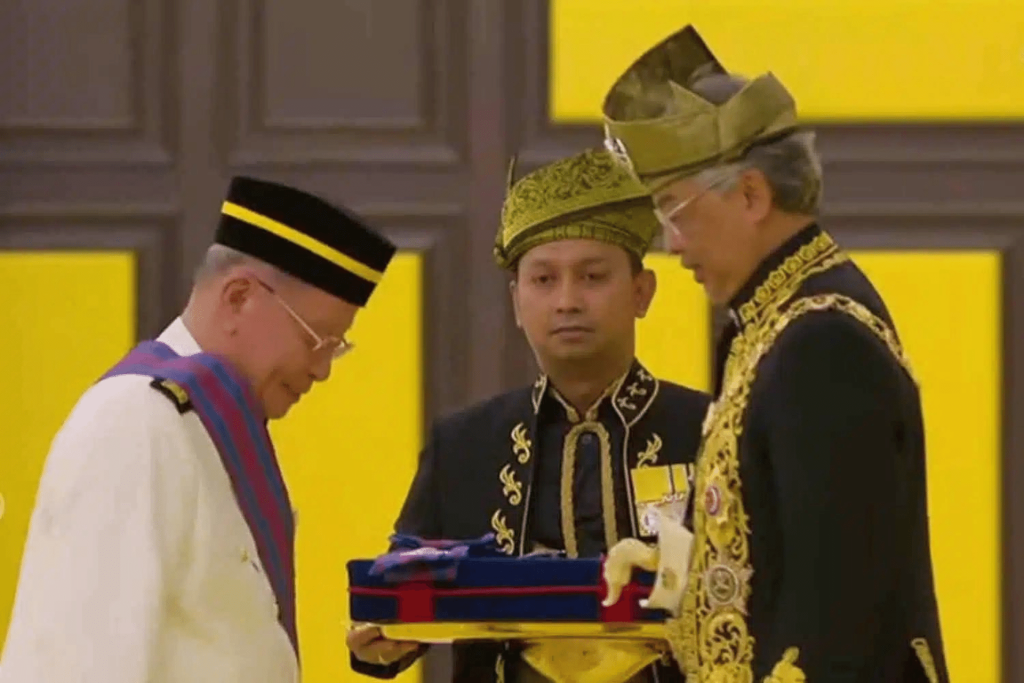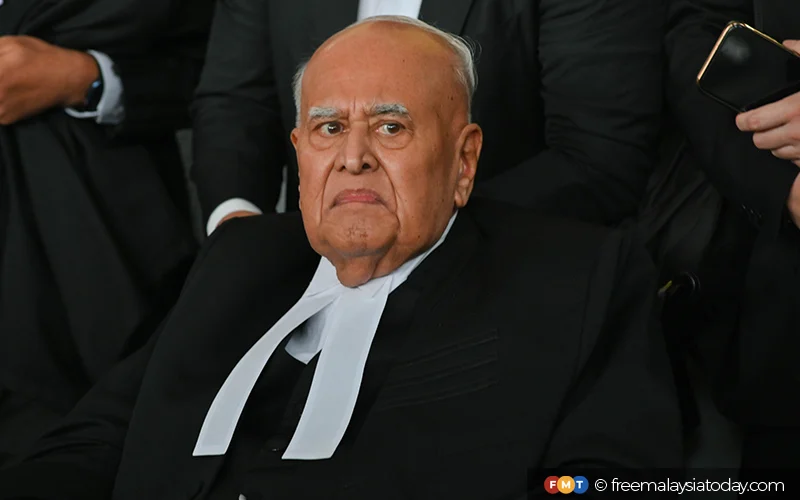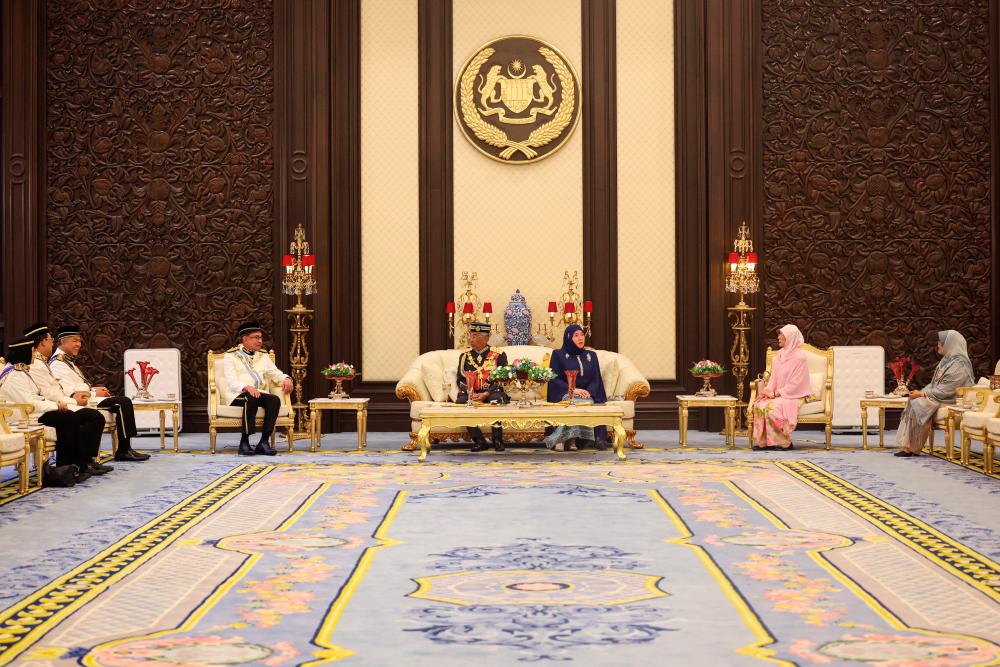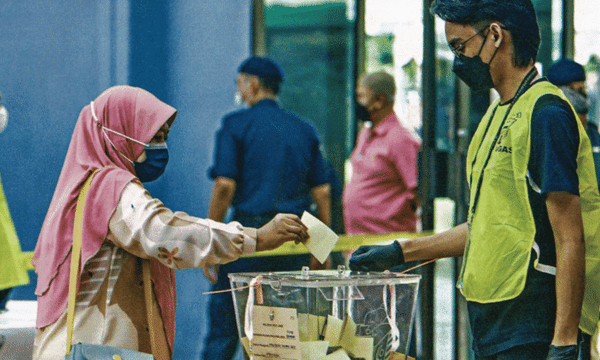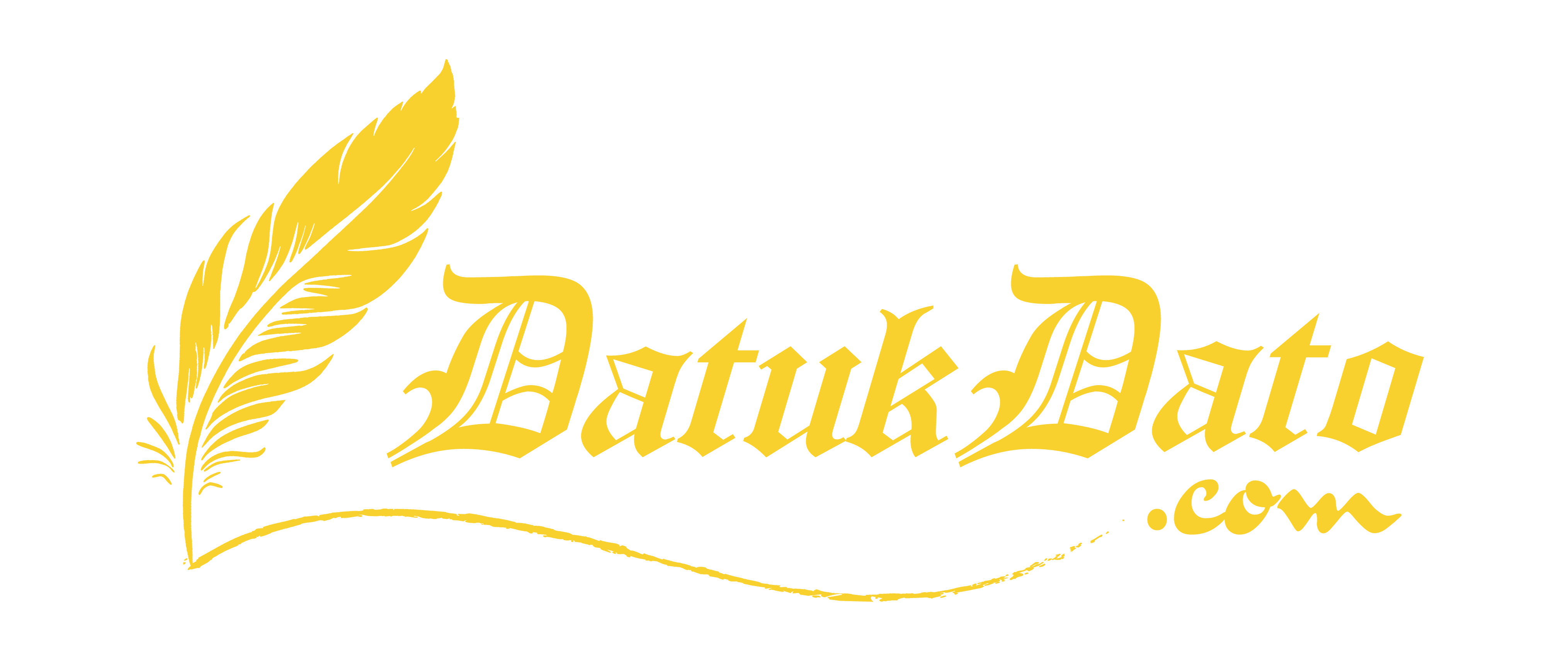Malaysia’s Revised Budget 2023
Download
The long-awaited new year national budget report has finally been released, providing a comprehensive overview of the government’s spending and revenue plans for the upcoming year.
This highly anticipated report outlines the government’s priorities and goals, and details how public funds will be allocated to support critical programs and initiatives.
With the ongoing challenges of the pandemic and the need to address long-standing economic and social issues, this budget is expected to be of great interest to individuals, businesses, and organizations across the country. The report will be closely analyzed and debated in the coming days and weeks, as stakeholders assess its impact on the economy and society as a whole.
* 2023年财政预算案摘要请往下看. Scroll down to view 2023 Budget Highlights in Chinese Version*
2023 BUDGET HIGHLIGHTS
• RM100 a day allowance for search and rescue personnel who help with relief efforts in Turkey and Syria.
• RM350 in special Aidilfitri aid for government pensioners.
• Special Aidilfitri aid of RM700 for all civil servants Grade 56 and below, including contract workers.
• Government to contribute RM500 to EPF Account 1 of members aged 40 to 54 with less than RM10,000. This will benefit two million people and cost Putrajaya RM1 billion.
• Amanah Saham Malaysia fund increase to RM 5 billion.
• Those who are self employed will be required to contribute to Skim Keselamatan Sosial Pekerjaan Sendiri. The government will spend RM100 million to help the self employed with their contributions to the scheme.
• RM5 billion in funds under the Housing Credit Guarantee Scheme (SJKP) for 20,000 eligible borrowers.
• Free internet in 56 PPRs in the country.
• RM50 million to ensure safety of facilities in people’s housing projects (PPR).
• Income tax exemptions for medical expenditure increased from RM8,000 to RM10,000
• RM80 million for the PEKA B40 health scheme.
• The government will upgrade 26 hospitals.
• RM700 million to upgrade the Melaka hospital to reduce congestion.
• RM120 million for Skim Perubatan Madani to help the poor access to health services.
• RM36.3 billion for the health ministry, this includes nearly RM3 billion for the appointment of more permanent and contract health workers.
• PTPTN borrowers earning less than RM1,800 given six month loan moratorium.
• 20% discount on PTPTN loan repayments for three months from March 1.
• RM428 million for research and development activities.
• RM35 million to improve internet connectivity in higher education institutions.
• RM436 million to improve and replace old infrastructure in public varsities.
• RM15.3 billion for higher education ministry.
• The government will provide schools with 50,000 laptops.
• RM108 million for Program Makanan Prasekolah benefitting 240,000 students.
• RM777 million for Rancangan Makanan Tambahan benefitting 700,000 students.
• RM560 million to build seven new schools.
• Education ministry gets RM55.2 billion, the highest allocation.
• RM209 million to subsidise air travel for rural folk in Sabah and Sarawak.
• Government reviewing the terms of the MRT3 project, with the aim of achieving additional savings of at least RM45 billion.
• RM150 million to expand Stage Bus Service Transformation to Melaka, Kuching and Kota Kinabalu.
• The government will continue the My50 monthly public transport pass benefiting 180,000 people.
• RM25 million to support culture and arts activities at the community level.
• Government proposes tax cuts for contributions to the Community Film and National Film Development Fund under Finas.
• RM102 million in funds to promote local digital content.
• Government proposes tax cuts for employers who hire former athletes.
• RM324 million to improve training programmes and sporting facilities.
• RM50 million in matching grants to encourage private sector to sponsor sports programmes.
• The government will increase the allowance of 35,000 Kafa teachers by RM100 to RM1,100.
• RM1.5 billion for Islamic affairs.
• Putrajaya to carry out upskilling programmes for army veterans. Up to 5,000 veterans on pension to be offered job opportunities in GLCs.
• Government to build more than 7,000 affordable homes for members of the armed forces.
• RM500 million to repair homes of security forces’ members.
• The government will also build 42 new security posts at borders nationwide.
• Nearly RM1 billion to improve domestic security including the purchase of 2,100 body cameras for policemen.
• RM18.5 billion for home ministry and RM17.7 billion for defence ministry. This includes RM4.1 billion for the maintenance and purchase of new military assets.
• RM30 million to increase the number of mobile clinics, banks and courts in Sabah and Sarawak.
• Government to expedite completion of the Pan Borneo Highway.
• RM2.5 billion to implement infrastructure projects in Sabah and Sarawak including road, electric and water supply projects.
• RM1 billion to develop border towns, including Kalabakan in Sabah and Ba’kelalan in Sarawak.
• Sabah to get RM6.5 billion in development funds, Sarawak to get RM5.6 billion.
• RM50 million for the repair of non Muslim houses of worship.
• RM20 million for gotong-royong activities in schools nationwide.
• RM50 million for unity programmes.
• Felda, Felcra, Risda and other agencies under the agriculture and food security ministry to allocate up to 800 acres of land for food production.
• The government will encourage private investments in agro-based industries through the provision of incentives, land, funding and technological grants.
• RM1 billion in loans to help improve local food production.
• Income tax for those earning between RM100,000 to RM1 million a year increased by 0.5% to 2%. Less than 150,000 people are expected to be affected.
• Personal income tax reduced by 2% for those earning between RM35,000 to RM100,000. This will benefit around 2.4 million taxpayers.
• RM256 million to increase monsoon season aid for 320,000 smallholders. The aid is increased from RM600 to RM800.
• RM350 million to raise rubber production incentive level.
• Bernas to share 30% of net profits from rice imports with local padi farmers.
• RM228 million to give rice farmers cash aid of RM600
• RM1.6 billion in subsidies for rice farmers.
• RM400 million in e-credit for two million youths aged 18 to 20, at RM200 each.
• RM8 billion in cash aid under Sumbangan Tunai Rahmah (STR). This will benefit 8.7 million people. The poorest will receive up to RM3,100.
• RM225 million for essential goods for the poor.
• RM100 million for Jualan Rahmah sales in all Parliamentary constituencies. The sales will see essential items being sold for 30% less compared to market prices.
• Total RM64 billion allocated for subsidies, aid and incentives.
• Government will set aside a portion of “wang ehsan” (compassionate money) to Kelantan and Terengganu for petroleum specifically to help the poor.
• Government to consolidate database of monthly government aid recipients.
• RM750 million for Inisiatif Pendapatan Rakyat (IPR) to empower the poor. The IPR will be come under the purview of the economy ministry. This programme is expected to help participants earn up to RM2500 a month, for 24 months.
• RM50 million for Melaka and Penang to preserve Unesco world heritage site status.
• GLCs and GLICs to contribute up to RM250 million to help the poor.
• RM40 million for the Malaysia Coinvestment Fund (MyCIF).
• Khazanah and EPF will invest RM1.5 billion in local startups.
• RM1 billion to help micro SMEs automate and digitise their business.
• RM100 million to support automation and digitisation among SMEs and petty traders.
• DNB must be run more transparently.
• RM525 million to upgrade road network in Pengerang through construction of new lanes on the Senai Desaru Expressway and upgrade works on the North-South Expressway from Yong Peng Utara to Senai Utara.
• RM725 million to expedite the Jendela project to improve internet connectivity
• RM470 million to improve roads in Melaka and Selangor.
• RM480 million to build new roads from Habu to Tanah Rata in Cameron Highlands.
• The government will allocate RM250 million to promote tourism.
• Civil servants to get RM180 in childcare subsidy a month. Households with income of RM7,000 and below will qualify for this.
• Tax incentives for employers who provide childcare will be extended.
• RM290 million in salary-matching grants to encourage 130,000 women to return to the workforce after giving birth.
• RM80 million to improve sustainability of the palm oil sector and counter anti-palm oil campaigns.
• RM50 million for matching grants to encourage automation in the plantation sector.
• GLCs to offer 35,000 job opportunities for youths, TVET graduates, veterans and other vulnerable groups.
• Socso to provide incentives for up to three months to firms that hire the disabled, ex-inmates, the homeless and jobless
• RM40 million to upskill 30,000 gig workers. The government will fund upskilling programmes for gig workers.
• RM50 million to train over 8,000 people in factories under Skim Latihan Dual Nasional.
• Socso will give incentives worth RM45 million for employers to hire 17,000 TVET graduates.
• Retirement packages for executives and top management of GLCs and statutory bodies will be revised.
• Tabung Haji, Felda and Felcra must serve their original functions, says Anwar.
• The government plans to merge Yayasan Pelaburan Bumiputera, Yayasan Amanah Hartanah Bumiputera and Yayasan Ekuiti Nasional soon.
• Women, family and community development ministry to establish a child development department.
• A special unit in the police force will be established to combat child pornography.
• Employers who hire inmates, including former residents of the Henry Gurney school and other institutions, eligible for additional tax deductions.
• Government to introduce Skill for Inmate programme to assimilate inmates back into society.
• Bankrupts with debts of less than RM50,000 who fulfil certain requirements will be released from bankruptcy starting March 1. This is expected to benefit 130,000 people.
• The government will amend the Insolvency Act 1967 to release bankrupts automatically.
• Bank Negara will allow consumers to freeze their accounts should they detect any suspicious activities.
• RM10 million to support the National Scam Response Centre.
• A special task force to reform government agencies, known as STAR, will be set up. It will be led by the chief secretary to the government.
• Malaysian Road Records Information System (Marris) allocations increased to RM5.2 billion.
• RM50 million to install lampposts in accident-prone areas.
• Government will use district engineers to speed up the repairing of federal roads.
• RM2.7 billion to repair and upgrade federal roads.
• RM1.2 billion to repair 400 dilapidated clinics and 380 dilapidated schools.
• The government plans to table amendments to the Whistleblowers Act to better protect whistleblowers.
• The government plans to table the Government Procurement Act.
• Government procurement must be transparent. RM22 billion worth of contracts linked to flood mitigation projects and the Jana Wibawa project were awarded via direct negotiation.
• Private sector to establish a “Madani wakaf” involving assets worth more than RM1 billion.
• The government will increase the availability of Islamic financing.
• The government will also support the plans for the private sector to develop a port in Pulau Carey.
• The government will support the development of the Sanglang port in Perlis.
• Putrajaya to expand Subang and Penang airports to attract investments. This is more economical than the proposed construction of a RM7 billion airport in Kulim, says the prime minister.
• The Tun Razak Exchange will become the country’s international financial hub.
• Bank Pembangunan Malaysia Berhad to provide RM6 billion in strategic funding to encourage sustainability and automation.
• Tax incentives for aerospace industry will be extended to Dec 31, 2025.
• Tax incentives for manufacturers to move operations to Malaysia will be extended to 2024.
• The government will introduce a New Industry Master Plan 2030. This will include the restructuring of investment incentives.
• The government will give incentives to local councils that make it easier for businesses to be set up.
• Government proposes extending the Green Investment Tax Allowance (GITA) and Green Income Tax Exemption (GITE) incentives until Dec 31, 2025.
• Bank Negara to provide RM2 billion in loans to support green technology startups and help SMEs embrace low-carbon practices.
• RM50 million to increase the number of wildlife rangers to 1,500 people.
• RM38 million allocated to protect endangered wildlife including tigers and elephants.
• The government will increase allocations given to states to preserve forests from RM70 million a year to RM150 million a year.
• RM50 million for the armed forces, fire and rescue department, and Rela to prepare for natural disasters.
• RM150 million for Nadma to prepare for natural disasters.
• Six flood mitigation projects will be re-tendered.
• Anwar gave the example of flood mitigation projects. He said the government could have saved RM2 billion for the projects awarded by the previous government.
• High impact projects must be awarded via tenders to ensure the government enjoys the best value and savings.
• Bank Negara to provide nearly RM10 billion in loans for SMEs.
• Government to waive driving test fees for taxi, bus, e-hailing and B2 motorcycle licenses.
• Syarikat Jaminan Pembiayaan Perniagaan will provide RM20 billion in loans to SMEs in high value sectors.
• RM1.7 billion in loan facilities under Bank Negara, BSN and TEKUN.
• Government agencies to provide RM40 billion in loan facilities for MSMEs.
• RM176 million to upgrade business premises and facilities under Mara, DBKL, PUNB and UDA.
• RM50 million to build and upgrade 3,000 stalls and kiosks nationwide
• Income tax for micro SMEs reduced from 17% to 15% for the first RM150,000.
• The government will incentivise self declaration for income tax arrears beginning June 1.
• Half of revenue from excise duties collected under the Generational Endgame (GEG) law will be channelled to the health ministry.
• Putrajaya to introduce excise duties on vape and e-cigarette liquids containing nicotine.
• The government will study the possibility of introducing a capital gains tax from 2024.
• The government will introduce wealth tax. Luxury watches and goods will be taxed.
• The government will maintain electricity subsidies for all domestic users and SMEs.
• Lower income Amanah Saham Bumiputera (ASB) contributors will be given more dividends.
• The government will table a Fiscal Responsibility Act in Parliament this year to ensure better management of the economy in the future.
• Government aims to reduce fiscal deficit to 5% this year, compared to 5.6% in 2022.
• Government aims to collect RM291.5 billion in revenue, a decrease compared to RM294.4 billion in 2022.
2023年财政预算案摘要
• 2023年财政预算案拨款调高至3861亿4000万令吉,2022年10月公布的拨款为3723亿令吉。
• 进口关税制度纰漏,导致政府损失了7200万令吉。
• 政府估计,2023年国债将达1.2兆令吉,或占国内生产总值(GDP)逾60%。
• 100亿令吉柴油补贴遭挪用,主要是纰漏问题所致。
• 2022年通胀率为3.3%,其中食品通胀高达5.8%。2023年通胀率预计与2022年相同,但如果无法解决全球供应链欠稳的问题,通胀将高。
• 2023年财政预算案拨款为3881亿令吉,包括2891亿令吉行政开销及990亿令吉发展开销。
• 2023年财赤预计将收窄至5%,2022年为5.6%。
• 政府承诺在中期继续降低财赤水平,目标是在2025年达到GDP的3.2%。
• 政府决定暂时不征收消费税(GST)。
• 将向电子烟征收国产税。
• 政府将向手表及时尚产品等奢侈品征税。
• 存款少于3万令吉的Amanah Saham Bumiputera会员将获派息5.1%,将有87%会员受惠。
• 在2023课税年,中小企业的首15万令吉应税收入课税率将从17%降至15%——15万名中小企业纳税人将可节省高达3000令吉。
• 国民储蓄银行(BSN)、国家银行和创业集团商业基金(TEKUN)提供17亿令吉贷款,帮助微型企业家、妇女和青年。
• 为州政府提供的生物多样性保育生态财政转移奖掖(EFT)拨款,从每年7000万令吉提高至1亿5000万令吉。
• 政府将继续支持绿色商业措施:
• 国行将提供高达20亿令吉融资,支持绿色科技初创企业,并帮助中小企业实施低碳实践。
• 国库控股(Khazanah)将提供1亿5000万令吉发展环保项目,包括支持碳市场和重新造林。
• 此外,绿色科技融资计划(GTFS)的拨款将会增至30亿令吉,直至2025年。
• 政府计划将符合条件的绿色投资补贴计划(GITA)及绿色所得税豁免(GITE)计划的奖掖期延长至2025年12月31日。
• 政府致力改善和扩充槟城和梳邦机场容量。
• 马来西亚发展银行(Bank Pembangunan Malaysia)提供60亿令吉策略融资,促进可持续发展和自动化议程。
• 政府计划将航空航天领域的所得税奖掖和投资税务补贴延长至2025年12月31日,以吸引更多投资。
• 海外制造公司迁移营运到我国的税务奖掖及关键职位所得税率15%,将延长至2024年,以吸引受新冠疫情影响的企业投资。
• 政府计划通过建立特殊金融区及提供具竞争力的薪酬待遇,吸引国际投资者和技术工人在马来西亚定居,以加强柔佛马来西亚依斯干达特区(Iskandar Malaysia)的发展。
• 政府将拨款15亿令吉,发展新的农村道路和乡村连接道路。
• 拨款12亿令吉加快修复400间残旧诊所及380所学校,并提高学校与诊所相关修复服务的采购报价限额。
• 从2024年起,雇员公积金局(EPF)旗下的回教储蓄资产将完全分离,为持有回教账户的125万名会员提供有竞争力的回报。
• 所有政府机构,包括内陆税收局(LHDN)、大马反贪会(MACC)和警察,都会积极调查腐败,包括那些出现在“潘朵拉文件”(Pandora Papers)中的名字。内陆税收局将继续调查不寻常财富,以打击持续恶化的腐败行为。
• 政府将提供5000万令吉配对补助金,鼓励种植业通过使用机器人技术和人工智能,落实自动化运作。
• 政府修改1967年破产法令,让欠款少于5万令吉的破产人士,从3月1日起立即除名,届时会有13万人解除破产状态。这将使马来人受益,因截至1月共有26万宗破产案件,而马来人占大多数,他们将可为国家经济作出贡献。
• 政府将拨款8000万令吉,改善棕榈业的可持续性,并加强打击反棕油运动。
• 朝圣基金局(Tabung Haji)、联邦土地发展局(Felda )及联邦土地复兴和统一公司(FELCRA)等政府机构的新管理层,应研究关闭亏损子公司的可能性,这些子公司也与这些机构的原始职能不一致,例如旅行社、保安公司和资讯科技(IT)公司。政府考虑禁止这些公司和法定机构这样做。
• 政府的目标是制定《消费者信贷法》,并设立消费者信贷监督委员会,以监管今年提供“现买后付”等消费信贷计划的公司。
• 政府将加快实施国家数码网络(JENDELA)项目,今年拨款7亿2500万令吉,为47个工业区和近3700所学校实施数字连接。
• 政府将确保国家数字公司(DNB)的管理更加透明和包容,让电讯公司得以全面参与,并以合理价格为人民提供全面5G覆盖。截至2022年底,DNB已达50%人口稠密地区覆盖率,目标是到2023年底达到80%覆盖率。
• 为了缓解旅游热点的道路拥堵问题,政府将会:
• 耗资4亿8000万令吉建造新路(从彭亨金马仑哈布至丹那拉打)。
• 耗资3亿令吉提升Jalan Tun Hamzah至Semabok Lebuh AMJ Daerah Melaka Tengah交汇处。
• 耗资1亿6000万令吉,在Sungai Sepang修建道路和桥梁,连接Bukit Pelandok、波德申和雪邦Sungai Pelek。
• 耗资5亿2500万令吉,在士乃-迪沙鲁大道(Senai Desaru Expressway)兴建一条超车道,并分阶段提升从柔佛永平北部(Yong Peng Utara)至士乃北部(Senai Utara)–第一阶段的南北大道(Lebuhraya Utara Selatan),将4条车道改为6条车道。
• 政府将拨款7亿5000万令吉予经济部,实施人民收入倡议(IPR),以增加贫困人士的收入。
• 为了支持业务自动化和数字化,数字化补助金计划将提供1亿令吉予中小型企业和小型贩商。另国行提供10亿令吉,鼓励中小企业实现自动化流程和数字化营运。
• 在大马交易所创业板(ACE Market)及杰出企业家加速平台(LEAP)上市的公司,可享有至多150万令吉税务减免,直至2025课税年。在主板上市的科技公司也可以获得退税。
• 国家稻米公司(Bernas)将白米进口净利的30%分配给稻农。
• 政府向稻农提供总计16亿令吉的各种补贴和奖掖。此外,24万名稻农每月将获200令吉现金,为期3个月或一个季度,总额为2亿2800万令吉。
• 可征税收入介于3万5000令吉至10万令吉的个人所得税率将降低2%。估计240万名纳税人的可支配收入,将会增加至多1300令吉。
• 国库控股(Khazanah)和雇员公积金局(EPF)将投资于创新和高增长本地初创公司,投资额为15亿令吉。
• 政府提供税务奖掖和补助金,鼓励私人界投资于大规模农业,并提高技术的进步和使用。政府将提供加速资金津贴(Elaun Modal Dipercepatkan)和资本开销100%豁免所得税,而食品生产项目的税务奖掖申请期限将延长至2025年底,范围扩大到现代农业项目。
• 拨款177亿令吉予国防部,其中10亿令吉用于加强国内安全,包括为警队购置2100台随身摄像头;耗资4亿5000万令吉在霹雳州建新警察总部和宿舍。
2023年财政预算案摘要
• 2023年财政预算案拨款调高至3861亿4000万令吉,2022年10月公布的拨款为3723亿令吉。
• 进口关税制度纰漏,导致政府损失了7200万令吉。
• 政府估计,2023年国债将达1.2兆令吉,或占国内生产总值(GDP)逾60%。
• 100亿令吉柴油补贴遭挪用,主要是纰漏问题所致。
• 2022年通胀率为3.3%,其中食品通胀高达5.8%。2023年通胀率预计与2022年相同,但如果无法解决全球供应链欠稳的问题,通胀将更高。
• 2023年财政预算案拨款为3881亿令吉,包括2891亿令吉行政开销及990亿令吉发展开销。
• 2023年财赤预计将收窄至5%,2022年为5.6%。
• 政府承诺在中期继续降低财赤水平,目标是在2025年达到GDP的3.2%。
• 政府决定暂时不征收消费税(GST)。
• 将向电子烟征收国产税。
• 政府将向手表及时尚产品等奢侈品征税。
• 存款少于3万令吉的Amanah Saham Bumiputera会员将获派息5.1%,将有87%会员受惠。
• 在2023课税年,中小企业的首15万令吉应税收入课税率将从17%降至15%——15万名中小企业纳税人将可节省高达3000令吉。
• 国民储蓄银行(BSN)、国家银行和创业集团商业基金(TEKUN)提供17亿令吉贷款,帮助微型企业家、妇女和青年。
• 为州政府提供的生物多样性保育生态财政转移奖掖(EFT)拨款,从每年7000万令吉提高至1亿5000万令吉。
• 政府将继续支持绿色商业措施:
• 国行将提供高达20亿令吉融资,支持绿色科技初创企业,并帮助中小企业实施低碳实践。
• 国库控股(Khazanah)将提供1亿5000万令吉发展环保项目,包括支持碳市场和重新造林。
• 此外,绿色科技融资计划(GTFS)的拨款将会增至30亿令吉,直至2025年。
• 政府计划将符合条件的绿色投资补贴计划(GITA)及绿色所得税豁免(GITE)计划的奖掖期延长至2025年12月31日。
• 政府致力改善和扩充槟城和梳邦机场容量。
• 马来西亚发展银行(Bank Pembangunan Malaysia)提供60亿令吉策略融资,促进可持续发展和自动化议程。
• 政府计划将航空航天领域的所得税奖掖和投资税务补贴延长至2025年12月31日,以吸引更多投资。
• 海外制造公司迁移营运到我国的税务奖掖及关键职位所得税率15%,将延长至2024年,以吸引受新冠疫情影响的企业投资。
• 政府计划通过建立特殊金融区及提供具竞争力的薪酬待遇,吸引国际投资者和技术工人在马来西亚定居,以加强柔佛马来西亚依斯干达特区(Iskandar Malaysia)的发展。
• 政府将拨款15亿令吉,发展新的农村道路和乡村连接道路。
• 拨款12亿令吉加快修复400间残旧诊所及380所学校,并提高学校与诊所相关修复服务的采购报价限额。
• 从2024年起,雇员公积金局(EPF)旗下的回教储蓄资产将完全分离,为持有回教账户的125万名会员提供有竞争力的回报。
• 所有政府机构,包括内陆税收局(LHDN)、大马反贪会(MACC)和警察,都会积极调查腐败,包括那些出现在“潘朵拉文件”(Pandora Papers)中的名字。内陆税收局将继续调查不寻常财富,以打击持续恶化的腐败行为。
• 政府将提供5000万令吉配对补助金,鼓励种植业通过使用机器人技术和人工智能,落实自动化运作。
• 政府修改1967年破产法令,让欠款少于5万令吉的破产人士,从3月1日起立即除名,届时会有13万人解除破产状态。这将使马来人受益,因截至1月共有26万宗破产案件,而马来人占大多数,他们将可为国家经济作出贡献。
• 政府将拨款8000万令吉,改善棕榈业的可持续性,并加强打击反棕油运动。
• 朝圣基金局(Tabung Haji)、联邦土地发展局(Felda )及联邦土地复兴和统一公司(FELCRA)等政府机构的新管理层,应研究关闭亏损子公司的可能性,这些子公司也与这些机构的原始职能不一致,例如旅行社、保安公司和资讯科技(IT)公司。政府考虑禁止这些公司和法定机构这样做。
• 政府的目标是制定《消费者信贷法》,并设立消费者信贷监督委员会,以监管今年提供“现买后付”等消费信贷计划的公司。
• 政府将加快实施国家数码网络(JENDELA)项目,今年拨款7亿2500万令吉,为47个工业区和近3700所学校实施数字连接。
• 政府将确保国家数字公司(DNB)的管理更加透明和包容,让电讯公司得以全面参与,并以合理价格为人民提供全面5G覆盖。截至2022年底,DNB已达50%人口稠密地区覆盖率,目标是到2023年底达到80%覆盖率。
• 为了缓解旅游热点的道路拥堵问题,政府将会:
• 耗资4亿8000万令吉建造新路(从彭亨金马仑哈布至丹那拉打)。
• 耗资3亿令吉提升Jalan Tun Hamzah至Semabok Lebuh AMJ Daerah Melaka Tengah交汇处。
• 耗资1亿6000万令吉,在Sungai Sepang修建道路和桥梁,连接Bukit Pelandok、波德申和雪邦Sungai Pelek。
• 耗资5亿2500万令吉,在士乃-迪沙鲁大道(Senai Desaru Expressway)兴建一条超车道,并分阶段提升从柔佛永平北部(Yong Peng Utara)至士乃北部(Senai Utara)–第一阶段的南北大道(Lebuhraya Utara Selatan),将4条车道改为6条车道。
• 政府将拨款7亿5000万令吉予经济部,实施人民收入倡议(IPR),以增加贫困人士的收入。
• 为了支持业务自动化和数字化,数字化补助金计划将提供1亿令吉予中小型企业和小型贩商。另国行提供10亿令吉,鼓励中小企业实现自动化流程和数字化营运。
• 在大马交易所创业板(ACE Market)及杰出企业家加速平台(LEAP)上市的公司,可享有至多150万令吉税务减免,直至2025课税年。在主板上市的科技公司也可以获得退税。
• 国家稻米公司(Bernas)将白米进口净利的30%分配给稻农。
• 政府向稻农提供总计16亿令吉的各种补贴和奖掖。此外,24万名稻农每月将获200令吉现金,为期3个月或一个季度,总额为2亿2800万令吉。
• 可征税收入介于3万5000令吉至10万令吉的个人所得税率将降低2%。估计240万名纳税人的可支配收入,将会增加至多1300令吉。
• 国库控股(Khazanah)和雇员公积金局(EPF)将投资于创新和高增长本地初创公司,投资额为15亿令吉。
• 政府提供税务奖掖和补助金,鼓励私人界投资于大规模农业,并提高技术的进步和使用。政府将提供加速资金津贴(Elaun Modal Dipercepatkan)和资本开销100%豁免所得税,而食品生产项目的税务奖掖申请期限将延长至2025年底,范围扩大到现代农业项目。
• 拨款177亿令吉予国防部,其中10亿令吉用于加强国内安全,包括为警队购置2100台随身摄像头;耗资4亿5000万令吉在霹雳州建新警察总部和宿舍。Hi

